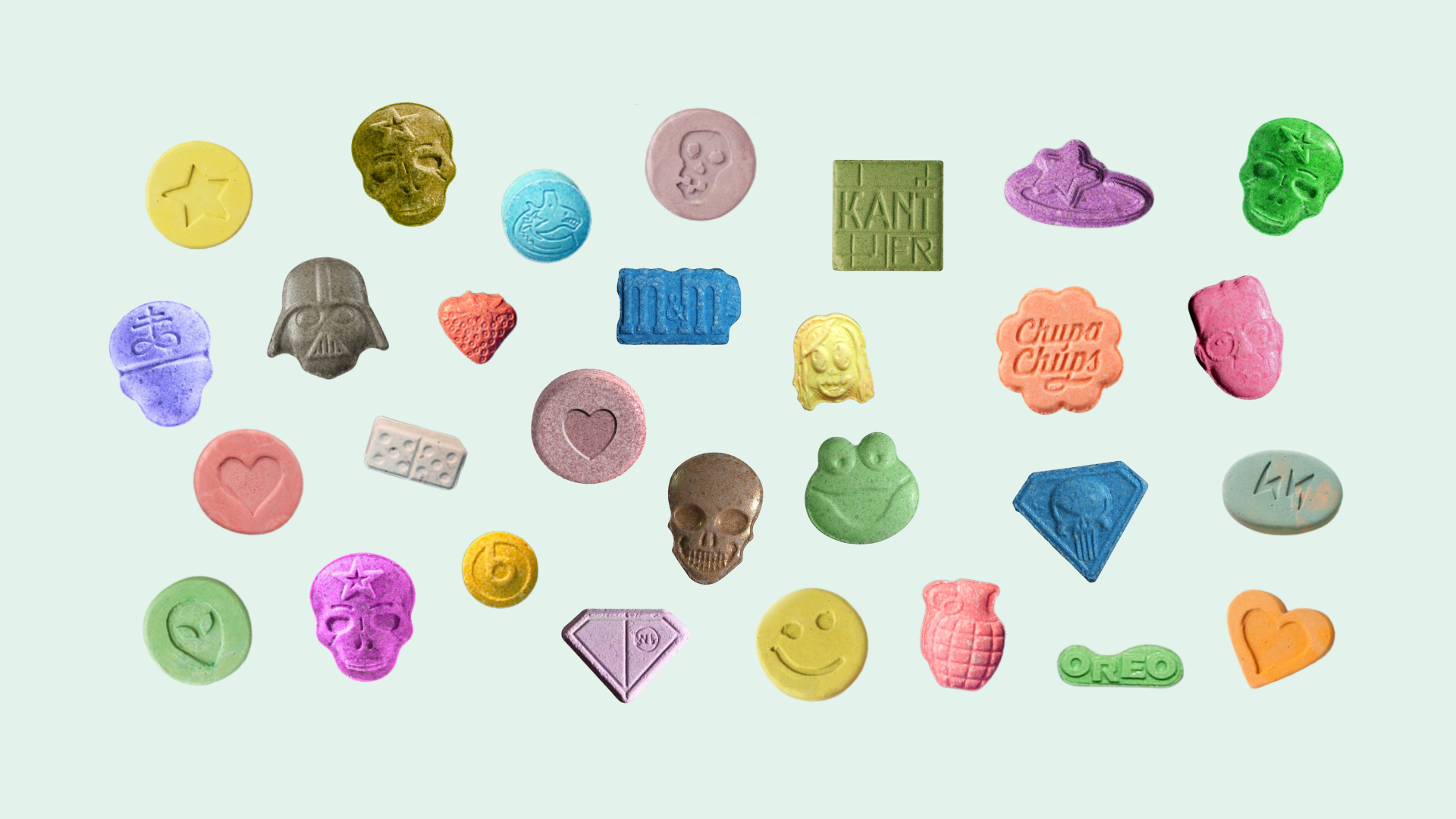Understanding the Chemistry and Effects of MDMA
MDMA, or 3,4-methylenedioxy-methamphetamine, is a synthetic drug that acts as a stimulant and mild hallucinogen. When ingested, MDMA triggers a surge of neurotransmitters in the brain, primarily serotonin, dopamine, and norepinephrine. This neurochemical cascade results in a heightened sense of empathy, sociability, and euphoria, often described as the “ecstasy” experience.
The effects of MDMA typically manifest within 30 to 45 minutes of consumption and can last for up to six hours. Users may experience a range of physical and psychological sensations, including
- Increased energy
- Heightened senses
- Sense of emotional openness and closeness to others
However, these desirable effects are often accompanied by unpleasant side effects, such as
- Nausea
- Dry mouth
- Involuntary jaw clenching
- Visual disturbances
What Is the Addictive Potential of Ecstasy?
The notion of MDMA’s addictive potential has been a subject of ongoing debate among researchers and healthcare professionals. While some studies suggest that chronic MDMA use can lead to the development of physical dependence, the scientific consensus remains divided on the issue.
One perspective argues that MDMA does not produce a significant withdrawal syndrome, a hallmark of physical dependence. Instead, the psychological and emotional symptoms experienced during MDMA discontinuation, such as depression, apathy, and suicidal ideation, are primarily attributed to the depletion of neurotransmitters in the brain. These psychological effects, while highly distressing, may not necessarily constitute a formal withdrawal syndrome.
Conversely, other studies have highlighted the neurological adaptations and compulsive patterns of use associated with chronic MDMA consumption, indicating the potential for the development of a substance use disorder. Individuals who repeatedly use MDMA and experience negative consequences, such as impaired functioning, distress, and difficulty controlling their use may indeed meet the criteria for a hallucinogen use disorder, as defined by the Diagnostic and Statistical Manual of Mental Disorders (DSM-5).
What Are the Dangers of Contaminated MDMA?
One of the significant risks associated with ecstasy use is the potential for adulteration or contamination of the drug. Illicitly manufactured MDMA may be laced with a variety of other substances, including ketamine, amphetamines, synthetic cathinones (commonly known as “bath salts”), and even deadly opioids like fentanyl.
The presence of these hidden ingredients can lead to unexpected and potentially life-threatening side effects, as users are unaware of the actual composition of the substance they are consuming. Ingesting a contaminated MDMA product can result in a range of adverse reactions, from increased anxiety and paranoia to severe medical emergencies, such as seizures, hyperthermia, and organ failure.
What Are the Long-Term Effects of Ecstasy Abuse?
Prolonged and heavy MDMA use has been associated with a variety of long-term consequences, both physical and psychological. Studies have shown that chronic MDMA users may experience
- Cognitive impairments
- Problems with learning, memory, and attention
- Increased risk of cardiovascular problems
- Irregular heartbeat
- High blood pressure
- Liver and kidney damage
The emotional and psychological toll of MDMA addiction can also be significant, with users often experiencing persistent depression, anxiety, and difficulty regulating their moods and emotions.
What Are the Complexities of MDMA Withdrawal and Detox?
While the presence of a formal withdrawal syndrome associated with MDMA discontinuation remains a subject of debate, individuals who have developed a dependence on the drug often experience a range of unpleasant and distressing symptoms during the cessation of use.
These symptoms, commonly referred to as the “MDMA crash,” can include
- Severe depression
- Fatigue
- Apathy
- Suicidal ideation
The intensity and duration of these withdrawal effects can vary depending on the individual’s level of MDMA use, the duration of their addiction, and any underlying mental health conditions.
Navigating the MDMA detoxification process can be a significant challenge, as the psychological symptoms can be challenging to manage. Medical supervision and comprehensive support, including medication management and therapeutic interventions, are often necessary to ensure a safe and effective withdrawal and recovery process.
What Is Comprehensive Addiction Treatment for Ecstasy?
Addressing ecstasy addiction requires a multifaceted approach that addresses the physical, psychological, and social aspects of the disorder. While there are currently no specific medications approved for the treatment of MDMA addiction, a range of evidence-based therapies are effective in managing this substance use disorder.
Inpatient or residential treatment programs often provide the most comprehensive care, offering 24-hour medical monitoring, individual and group counseling, and implementing behavioral therapies like cognitive behavioral therapy (CBT). These intensive programs aim to help individuals develop coping strategies, address underlying mental health issues, and build a strong foundation for long-term recovery.
Outpatient treatment options, such as regular therapy sessions and participation in support groups, can also be valuable for individuals who require a more flexible approach to their recovery journey. These programs often focus on relapse prevention, skill-building, and developing a robust support network.
The Importance of Aftercare and Ongoing Support
Recovering from MDMA addiction is a lifelong process that extends well beyond the initial treatment phase. Aftercare and ongoing support are crucial components of a successful recovery plan, as they help individuals maintain their sobriety, navigate the challenges of reintegrating into their communities, and build a sustainable lifestyle free from substance abuse.
Aftercare programs may include continued individual or group therapy, participation in recovery-focused support groups, and access to alumni networks and sober living environments. These resources provide individuals with the tools, accountability, and social connections necessary to prevent relapse and foster long-term well-being.

